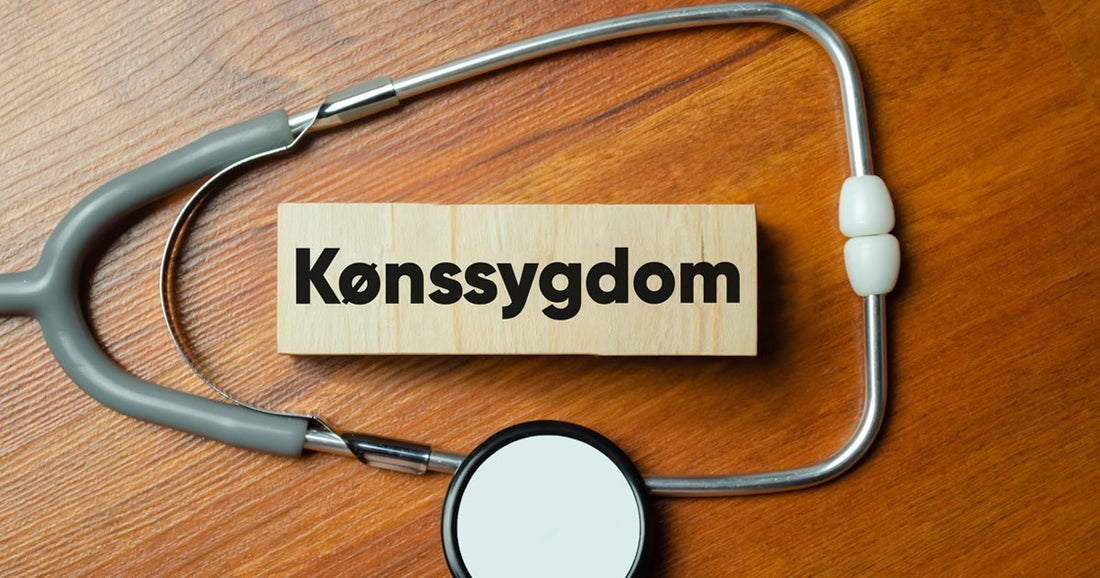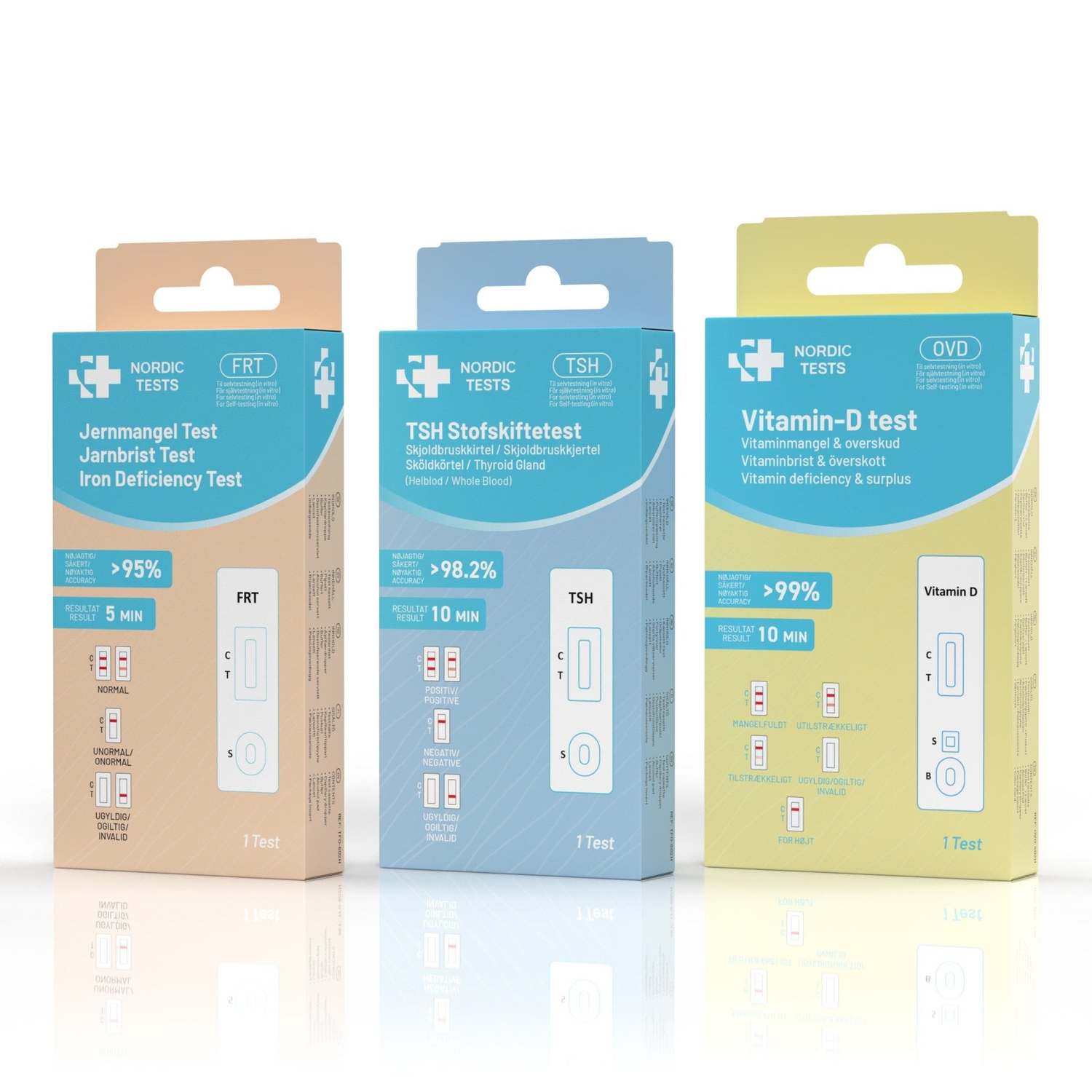
When to test for STD? Get answers here!
Being tested for STDs is an important part of looking after one's own and others' health. Many STDs are symptom -free and it can be difficult to detect them without a test. Therefore, it is crucial to be tested regularly, especially if you have had unprotected sex or more partners. Here we review when one should take one Test for STDs, as well as how to test yourself at home.
When to test for chlamydia?
Chlamydia is one of the most widespread STDs, and it often infects without causing symptoms. You should take one Test for chlamydia If you have had unprotected sex, changing partners, or if you experience symptoms such as pain in urination, discharge or abdominal pain. Regular testing is especially important as untreated chlamydia can lead to complications such as infertility.
Chlamydia can be detected with a test about 1-2 weeks after the time of infection
Do you want more information about chlamydia? Then you can read our articles about respectively chlamydia infection, chlamydia symptoms and chlamydia treatment In our other articles.
When to Test for Herpes?
Herpes May cause painful blisters on the genitals, but many can be infected without knowing it, as herpes often lie to sleep. If you have experienced the outbreaks of blisters or wounds, you should take a Test for herpes. Herpes is not healing, but the symptoms can be treated and it is important to know if you are infected to avoid infecting others.
can be detected with a test about 2-12 weeks after the time of infection
Do you want more information about herpes? Then you can read our articles about respectively herpes infection, herpes symptoms and herpes treatment In our other articles.
When to Test for Gonorrhea?
Gonorrhea is a bacterial infection that can affect the genitals, throat and rectum. Symptoms include pain in urination and yellow or green discharge, but many can be symptom -free. If you have had unprotected sex, you should be tested for gonorrhea. Without treatment, gonorrhea can lead to serious health problems, especially for women.
Gonoré can be detected with a test about 1-2 weeks after the time of infection
Do you want more information about Gonore? Then you can read our great article about Gonore here
When to test for syphilis?
Syphilis is a severe STD that develops in several stages. The first symptoms may be wounds to the genitals, but in the later stages syphilis can affect the entire body. If you are experiencing wounds or rashes, you should take a Test for syphilis. It is important to get treatment early as untreated syphilis can lead to serious health problems such as damage to the brain and heart.
Syphilis can be detected with a test about 3-6 weeks after the time of infection
When to Test for HIV?
HIV is a severe viral infection that can lead to AIDS if not treated. You should take one Test for HIV If you have had unprotected sex, have shared needles, or if you have had sexual contact with someone who is infected with HIV. It is important to be tested regularly as HIV can be controlled with medication if detected early.
HIV can be detected with a test about 2-4 weeks after the time of infection
FAQ about tests for STD
What happens if you are not tested for STD?
If you are not tested, STDs can remain undiscovered and lead to serious health problems such as infertility, chronic pain and increased risk of infecting others.
How to test for STD?
Test for STDs can be performed by your doctor or with a test you can use at home. It often involves a urine test, blood test or a grafting from the genitals.
Is it difficult to be tested for STD?
No, it's easy to be tested. You can either take a test at your home or go to your doctor who can take samples and give you results within a few days.
Is it necessary to go to the doctor to be checked for STD?
No, you can also test yourself in your own home using tests that are accurate and discreet. These tests quickly give you answers without the need to visit a clinic.

